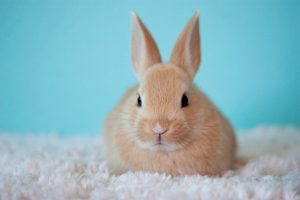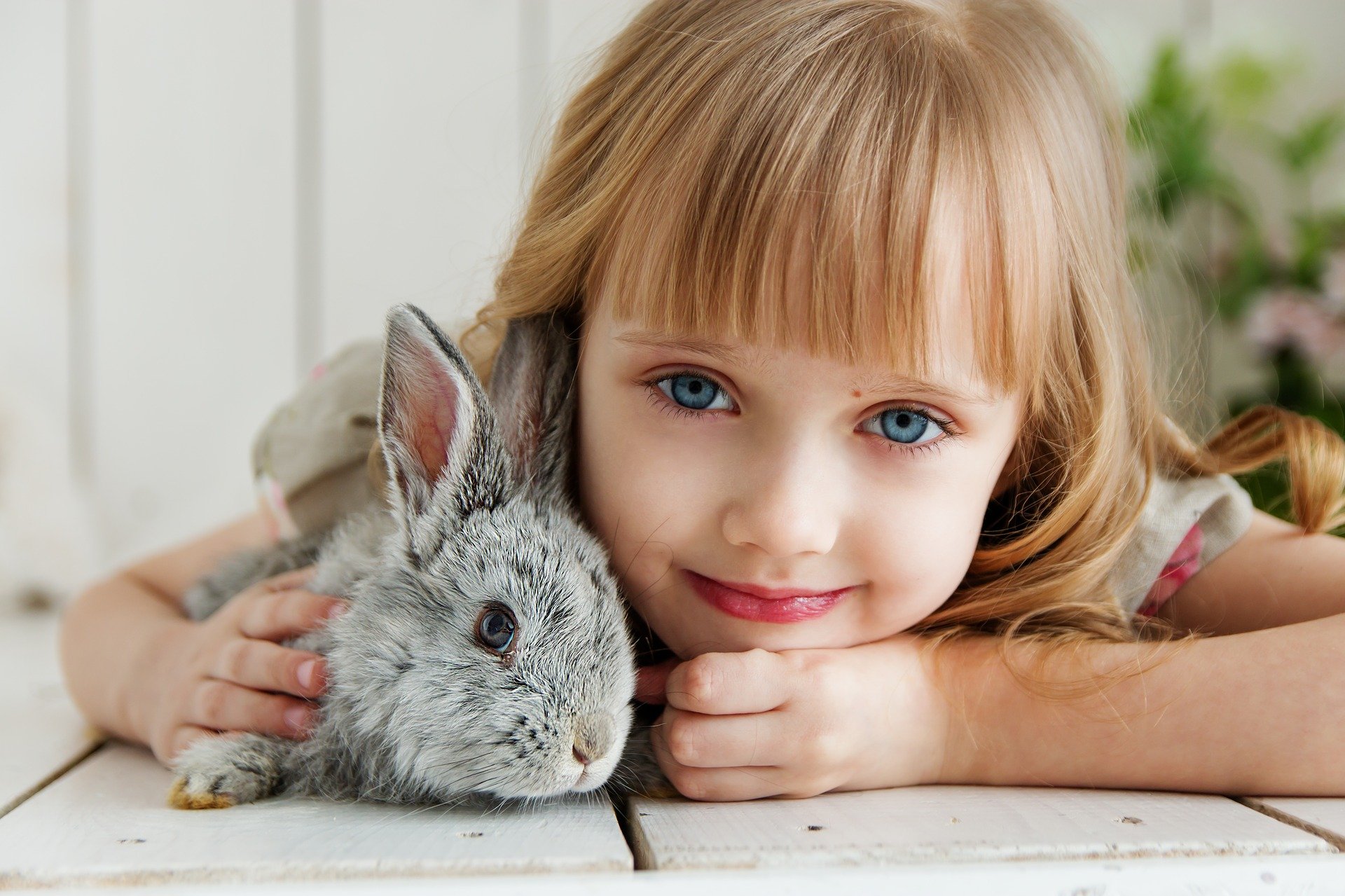Dental Care For Rabbits
Dental Problems Of Rabbits – Tooth Correction
I have a lot of trouble when I have to explain to the owners what tooth correction looks like and why it sometimes needs to be performed. That is why I decided to write this article, to which I will always refer you when I find dental problems in some of my little rabbit patients. I also invite you to read all other owners of ears – because as you know – you can never have enough knowledge. Considering that dental problems are not uncommon, it is worth reading the basic information on this topic.
Rabbits are naturally herbivorous animals that eat a variety of light grass, but also harder plants. A rabbit’s teeth grow throughout its life. The rabbit has a total of 28 teeth: 6 incisors (the teeth that we can see from the front), 2 upper sets, and one lower set – no canines. The molars include 3 upper premolars, 3 upper molars, 2 lower premolars, and 3 lower molars on each side.
Teeth grow up to 3mm per week. The normal structure of the jaw allows the incisors to touch, but not the molars. A rabbit can use incisors to cut food without the help of molars. Food is picked up with the mouth and incisors and then moved with the tongue to the molars. When the food is ready to chew the rabbit changes the position of the jaw and then uses the molars. From now on, the incisors are no longer in contact, allowing the rabbit to chew. Dental diseases can start with both molars and incisors, and if left untreated, they automatically spread to both types of teeth.

How Should A Rabbit Be Examined?
Each rabbit should have its jaw cavity thoroughly examined by a veterinarian at least once a year. It should be remembered that the earlier the problem is detected, the greater the chance of a faster and successful recovery. Rabbits previously diagnosed with dental problems should have an X-ray taken to ascertain where the source of the infection is. In some cases, a rabbit blood test is also recommended.
When We Install Retractors:
We are prompted by the following circumstances to conduct such a study:
Changing the behavior of the bunny – when the animal, so far cheerful, starts sitting in the corner, it is depressed. The bunny so far calm can become aggressive. This could mean that he is in pain. Teeth may be the cause.
Changing the diet – if our rabbit has liked to eat hay so far, munch on carrots, and suddenly introduces significant changes to his menu, you should think about why. Rabbits with dental problems begin to avoid hard foods and foods that require long chewing. They switch to foods that are easier to eat (e.g. granules, apples, banana, dry bread, soft greens) and which are less painful to eat. Rabbits with severe dental problems may stop eating completely!
Drooling – Soreness in the mouth leads to increased salivation. In rabbits with dental problems, we often see drooling on the chin and hair loss in this area.
Bad coat appearance – a rabbit who feels unwell neglects his daily toilet. Rabbits with overgrown incisors are not able to properly care for their hair and very often they get tangled.
Stuck with it – when they clean themselves, they drool over the entire fur. It then takes on a characteristic, sticky appearance.
Digestive tract disorders – if a rabbit stops eating an adequate amount of high-fiber food (requiring long chewing) due to pain, serious intestinal disorders may develop. Adequate fiber levels in the diet are essential to ensure proper gut motility.
The reduction in the amount of fiber may lead to slower bowel function, food stagnation in the intestines, and gastrointestinal blockage. Stress (related to the rabbit feeling pain) also slows down the gastrointestinal motility. A reduction in the amount of fiber consumed also leads to the excretion of less frequent feces.
